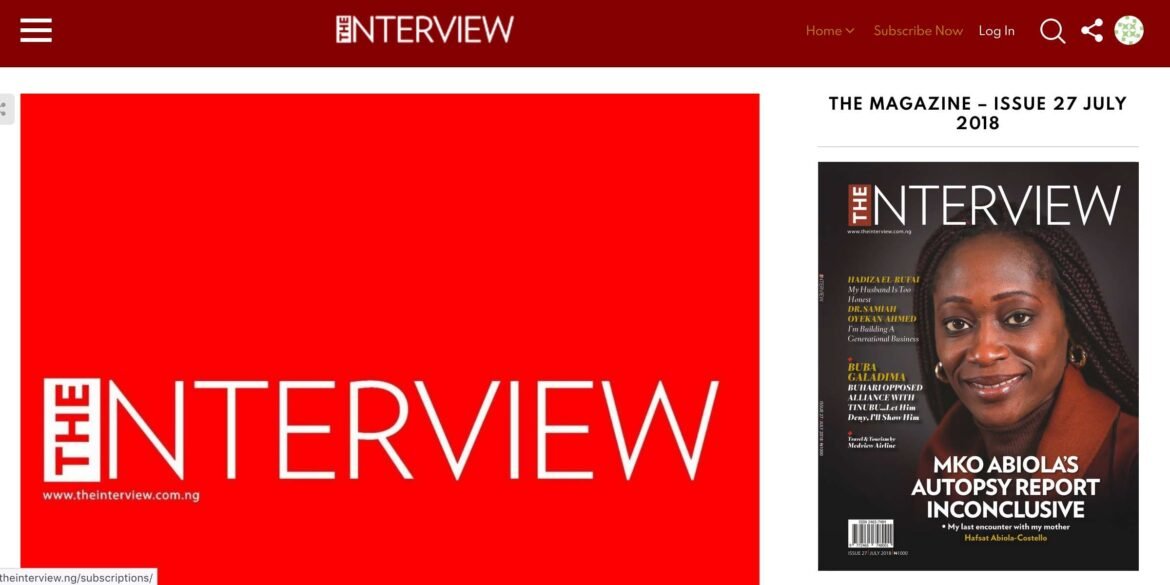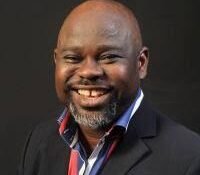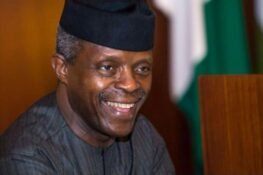What we have done in the last four editions of the magazine is to X-ray what has worked for countries who understand the workings and contributions of the Diaspora in the development matrix. We have looked in-depth at the big four countries ( China, India, Ireland and Israel) where institutions and systems have been built around their diaspora where policies and programmes have been developed to make sure that information between the home countries and diaspora organisations flow seamlessly.
How can we access this great resource at this time, when our country needs to fast track the pace at which we are moving with our development strategies? I will be outlining some of the programmes of these great countries and hoping we can learn from their policies to develop our own development strategies.
In the aftermath of the 2015 elections and the downward movement of oil price in the global market, however, Nigeria reverted to its emigration history. The number of people leaving Nigeria has increased in the last two years with a lot of returned diaspora going back to America and Europe due to the economic and political uncertainty placing emigration in the public and political spotlight once again.
Unlike earlier outflows, a significant share of those leaving today are diasporas returning back to Europe and America or migrating elsewhere to places like Canada with their young families. And, in another point of contrast, most of the Nigerians who are emigrating are well educated, with an over-representation of overseas university graduates and former business owners thereby creating more unemployment in the country.
The question is: How can the country ensure that these Diasporans stop emigrating back to Europe and America? A global diaspora is both a potential resource and an important obligation. If Nigeria is to utilize the skills of Nigerians abroad, it needs to provide something in return. One way is to allow the Nigerians abroad to have a voice in domestic political and social debates through certain voting entitlements, which would nurture their connection with (and voice in) their country of origin. But in order to benefit from these returned immigrants and its citizens abroad, the Nigerian government must first develop a more accurate understanding of who these people are and what motivates them. Establishing a census of Nigeria returned Diasporans and emigrants—capturing the numbers, destinations, and skills of those that returned and their contributions to the economy of the country—could be a first step to building more durable links between Nigeria and this great human resource.
The emigration rate of Nigeria’s highly educated population is now 10 times as high as the country’s overall rate. Nigeria’s wealthy elites and growing middle class are increasingly pursuing educational and work opportunities overseas for themselves and their families, facilitated by their rising incomes and the cost of education and healthcare in Nigeria. Emigration of these set of people is not a bad thing in a sense but what the government need to do is set up engagement links such as done by the Chinese government to connect with the high net worth emigrants.
This programme could be fashioned after the very successful Chinese model which include targeted recruitment programmes for skilled diaspora members in academia and the science and technology sectors, online portals to engage with overseas experts, and temporary exchange programmes and special visas for second-generation diaspora members, which does not require them to come back and settle permanently back in China.
Another very tried and tested policy we can borrow from Ireland is their Diaspora recognition policy which recognises the contributions of diaspora groups to the home countries. We can set aside a percentage of our national awards to Nigerians in the Diaspora who are excelling in sports, entertainment, business, academics and most importantly new generation Diasporans who have not had any major connections with Nigeria. I am very positive this will open doors to a very rewarding relationship with our diaspora.
Finally, the Israeli policy of engaging with their new Diasporans by organising trips and excursion to Israel fully planned and sponsored by the Israeli government just to make sure that they understand the culture and the history of Israel and to make sure that they have connection with the state of Israel has made it a great resource for Israel to tap from. Young men like Mark Zuckerberg went on such trips years ago and that made him have a stronger connections with his country of origin. The ministry of women affairs could as matter of national importance start organising an annual summer school for young people who will be selected on merit through diaspora groups scattered all over the world and encouraged to visit Nigeria and spend a month in the country.
Looking Forward
The involvement of the diaspora and the networks they have built will be important to the reconstruction of Nigeria. The damage that the past military and civilian regimes inflicted will not be resolved with quick fixes, and the current government should strengthen democracy and the economy. It will be necessary to address the most pressing problems facing Nigerians by creating sustainable conditions for solid economic growth and resumption of human rights. This will benefit from the use of the entrepreneurial capacity and know-how of the diaspora, as well as the exchange of ideas, innovation, and technological development.
The growth of the Diaspora is just one of the side effects of Nigeria’s past economic mismanagement and political crisis. However, the skills and knowledge of all Nigerians, including the Diaspora, represent the most valuable asset that the country has for its reconstruction, however difficult—and their willingness to become involved may help move the country forward.







